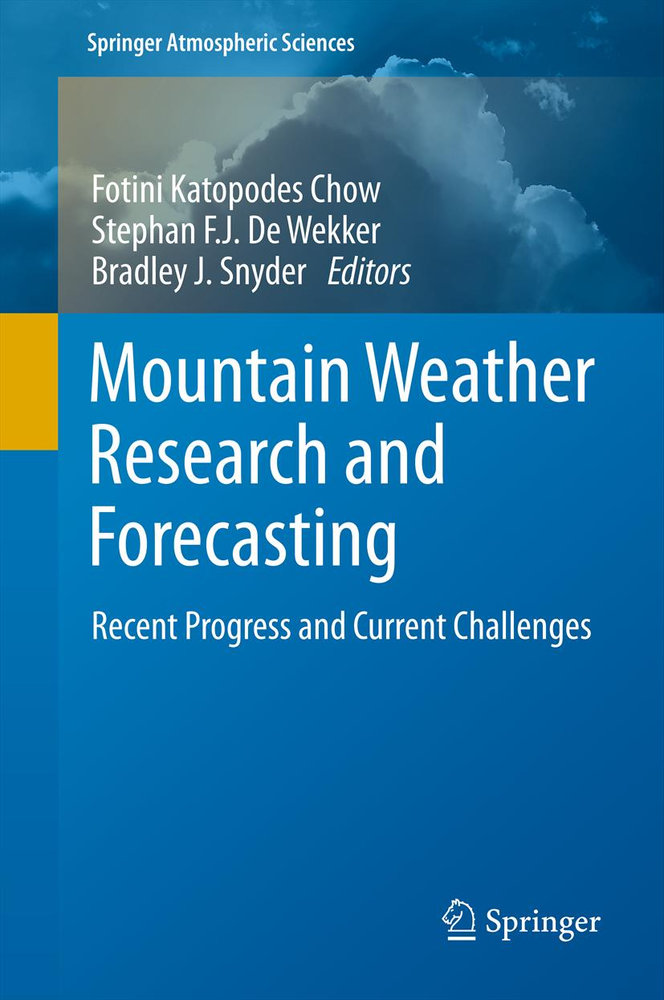This book provides readers with a broad understanding of the fundamental principles driving atmospheric flow over complex terrain and provides historical context for recent developments and future direction for researchers and forecasters. The topics in this book are expanded from those presented at the Mountain Weather Workshop, which took place in Whistler, British Columbia, Canada, August 5-8, 2008. The inspiration for the workshop came from the American Meteorological Society (AMS) Mountain Meteorology Committee and was designed to bridge the gap between the research and forecasting communities by providing a forum for extended discussion and joint education. For academic researchers, this book provides some insight into issues important to the forecasting community. For the forecasting community, this book provides training on fundamentals of atmospheric processes over mountainous regions, which are notoriously difficult to predict. The book also helps to provide a better understanding of current research and forecast challenges, including the latest contributions and advancements to the field.
The book begins with an overview of mountain weather and forecasting chal- lenges specific to complex terrain, followed by chapters that focus on diurnal mountain/valley flows that develop under calm conditions and dynamically-driven winds under strong forcing. The focus then shifts to other phenomena specific to mountain regions: Alpine foehn, boundary layer and air quality issues, orographic precipitation processes, and microphysics parameterizations. Having covered the major physical processes, the book shifts to observation and modelling techniques used in mountain regions, including model configuration and parameterizations such as turbulence, and model applications in operational forecasting. The book concludes with a discussion of the current state of research and forecasting in complex terrain, including a vision of how to bridge the gap in the future.



